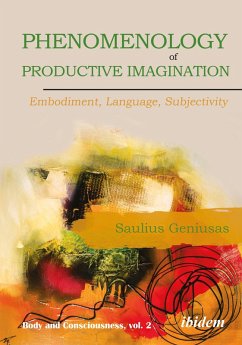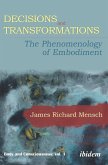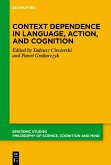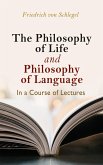Although productive imagination has played a highly significant role in (post-) Kantian philosophy, there have been very few book-length studies explicitly dedicated to its analysis. In his new book, Saulius Geniusas develops a phenomenology of productive imagination while relying on those resources that we come across in Edmund Husserl's, Max Scheler's, Martin Heidegger's, Ernst Cassirer's, Miki Kiyoshi's, Jean-Paul Sartre's, Maurice Merleau-Ponty's, and Paul Ricoeur's writings, while also engaging in present-day philosophical discussions of the imagination. Investigating the relation between imagination and embodiment, affectivity, perception, language, selfhood, and intersubjectivity, the book provides a phenomenological conception of productive imagination, which is committed to basic phenomenological principles and which is sensitive to how productive imagination has been conceptualized in the history of phenomenology. Against such a background, Geniusas develops a new conception of productive imagination: It is a basic modality of intentionality that indirectly shapes the human experience of the world by forming the contours of action, intuition, knowledge, and understanding. It is not so much a blind and indispensable function of the soul, but an art concealed in the body, for it springs out of instincts, drives, desires, and needs. The author discloses the unexpected ways in which phenomenology of productive imagination enriches our understanding of embodied subjectivity.
Dieser Download kann aus rechtlichen Gründen nur mit Rechnungsadresse in A, B, BG, CY, CZ, D, DK, EW, E, FIN, F, GR, HR, H, IRL, I, LT, L, LR, M, NL, PL, P, R, S, SLO, SK ausgeliefert werden.
"Productive imagination is a concept that has long deserved a special study. Saulius Geniusas traces its importance from Kant and Husserl through 20th century German and French phenomenology. With sweeping scholarship and penetrating analysis, Geniusas opens our eyes to the nature of productive imagination and its relation to embodiment, language, and subjectivity."-David Carr, Professor Emeritus, Emory University









